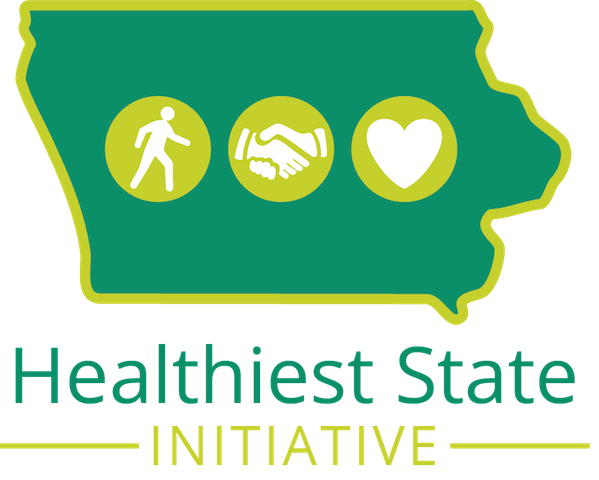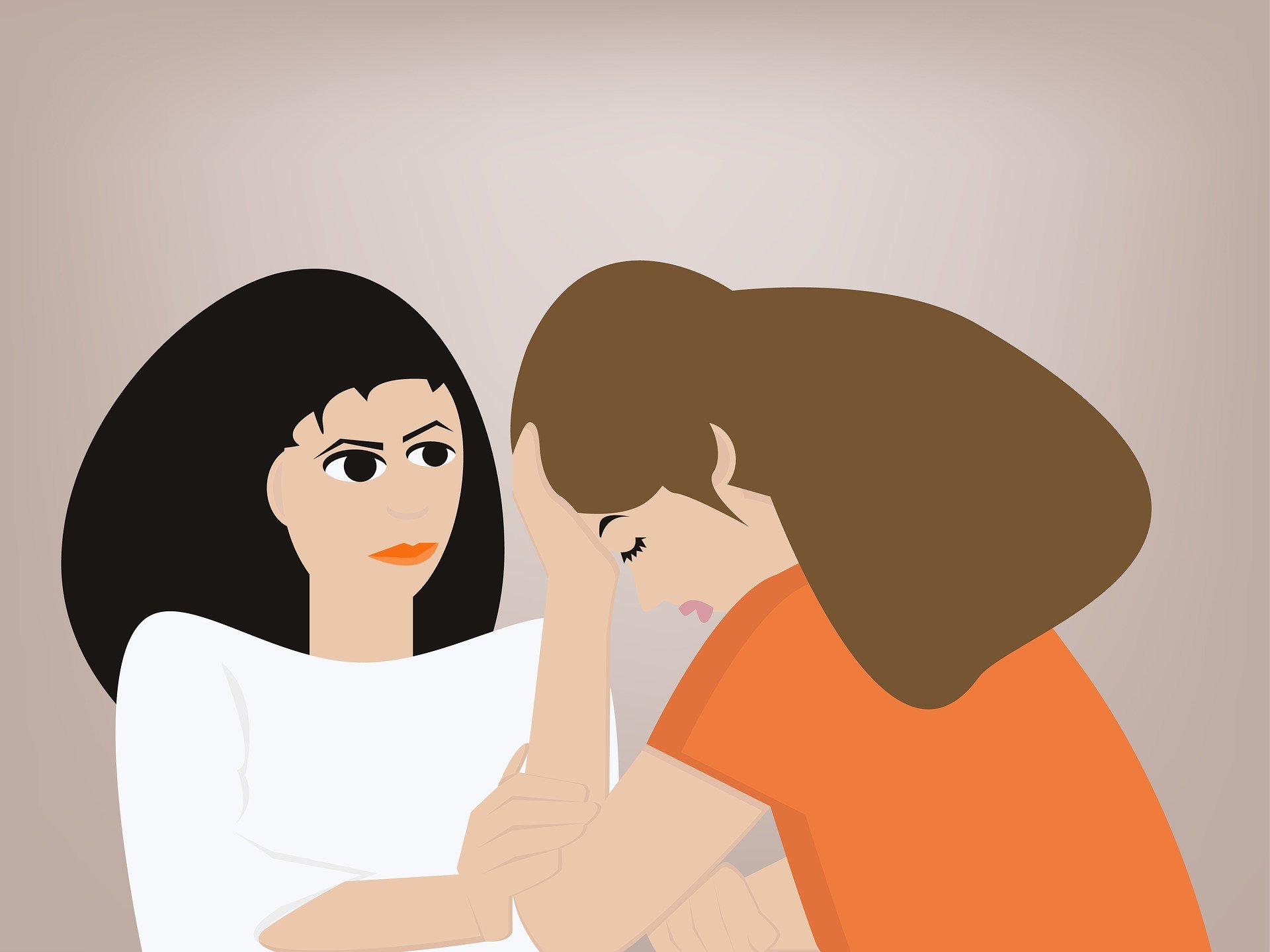How to Help Someone in a Mental Health Crisis
By Make It OK-Iowa on Tuesday, March 14, 2023
If a friend, family member or co-worker is going through a mental health crisis, there are steps you can take to help.
A mental health crisis could look like suicidal thoughts and behaviors, self-injury, a panic attack, a reaction to a traumatic event or disruptive/aggressive behavior. If someone you know is experiencing this – what can you do?
Mental Health First Aid, a skills-based training course that teaches participants about mental health, recommends the following action plan:
Assess for risk of suicide or harm
Listen non-judgmentally
Give reassurance and information
Encourage appropriate professional help
Encourage self-help and other support strategies
Mental Health First Aid is offered until treatment and support are received or until the crisis is resolved. The following information was provided by a Mental Health First Aid trainer in Iowa, but to learn more about the training program – including how to identify signs of a mental health crisis and get more in-depth information of specific mental illnesses – find an upcoming training course near you.
Assess for risk of suicide or harm
Here are some of the common warning signs of suicide:
Threatening to hurt or kill oneself
Seeking access to means (weapons, pills, etc.)
Talking, writing, or posting on social media about death, dying, or suicide
Feeling hopeless, worthless or a lack of purpose
Acting recklessly or engaging in risky activities
Feeling trapped
Increasing alcohol or drug use
Withdrawing from family, friends, or society
Demonstrating rage and anger or seeking revenge
Appearing agitated or having a dramatic change in mood
Consider requesting a welfare check or asking to speak to someone else who is present, if you are speaking over the phone. If you are having this conversation in person, find a private place to talk. Never leave a suicidal person alone.
If you identify a warning sign that a person may be suicidal, ask them directly: "Are you having thoughts of suicide?" If the answer is "Yes," use these tips to talk:
Let the person know you are concerned and willing to help
Discuss your observations with the person
Ask question(s) without dread
Do not express a negative judgment
Appear confident, as this can be reassuring
Remember: You are not an expert. When it doubt, refer the suicidal person to professional help. Call 911 if there is a medical emergency, including an overdose, life-threatening injury or if the person is unconscious.
Listen non-judgmentally
Remember to maintain an attitude of acceptance, genuineness and empathy to make the person feel respected and understood. You can also utilize nonverbal skills to show you are actively listening, including being attentive, maintaining eye contact, open body posture, being seated next to a person (rather than opposite) and not fidgeting.
Give reassurance and information
Think about some of the conversation strategies Make It OK encourages to help make talking about mental illness more comfortable.
Here are more tips:
Treat the person with respect and dignity
Understand that symptoms are an expression of distress or part of an illness
Have realistic expectations
Offer consistent emotional support and understanding
Give the person hope for recovery
Provide practical help
Offer credible information
Here are some examples of behavior and words that are not supportive. Do not:
Tell the person to “snap out of it”
Act hostile or sarcastic
Blame the person for symptoms
Adopt an over-involved or over-protective attitude
Nag the person to do what he or she normally would do
Trivialize the person’s experiences
Belittle or dismiss the person’s feelings
Speak with a patronizing tone
Try to “cure” the person
Encourage appropriate professional help
Encourage the person to seek help, including doctors, psychiatrists, mental health counselors, therapy, medication or other professional support.
Encourage self-help and other support strategies
You can also suggest other self-help strategies including exercise, meditation, support groups, books based on cognitive behavioral therapy (CBT), family, friends, faith, and other social networks.
Visit YourLifeIowa.org to chat live, text, or call and get reliable information and treatment options, and find nearby help. Or find more crisis lines and mental health resources here.


